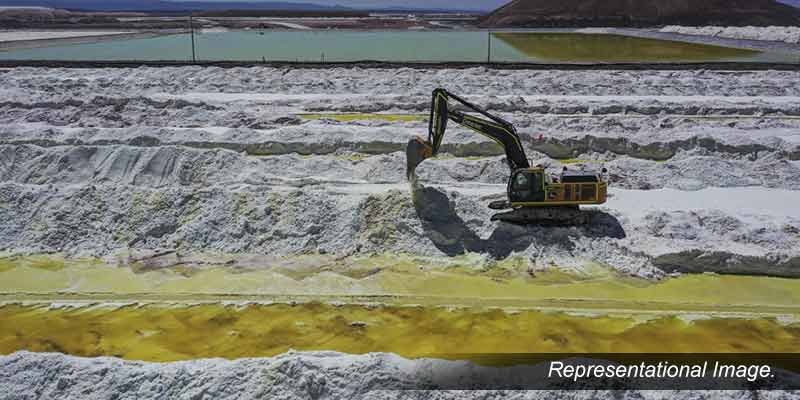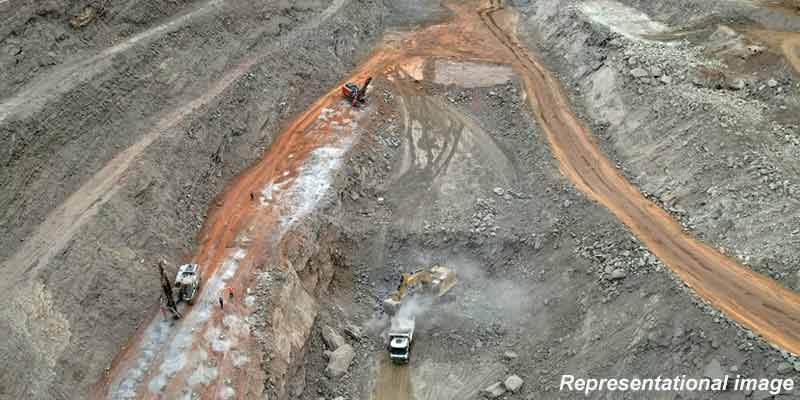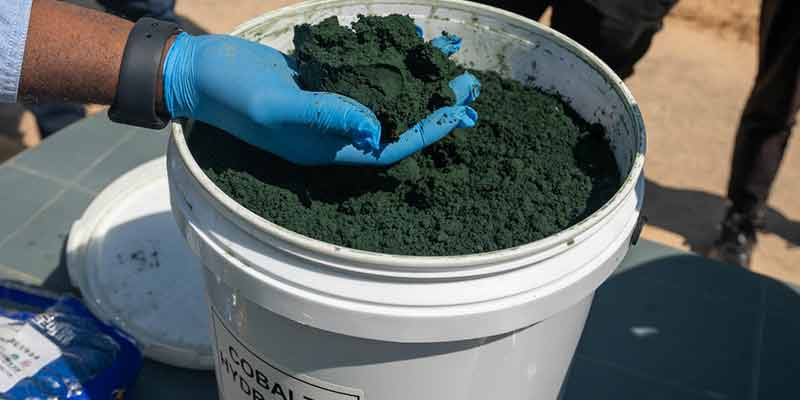- India
- Sep 30
India joins US-led MSP Finance Network
• India has joined the US-led MSP Finance Network. The announcement was made by the US State Department on the margins of the United Nations General Assembly.
• This network will strengthen cooperation and promote information exchange and co-financing among participating institutions to advance diverse, secure, and sustainable supply chains for critical minerals.
• The network is the latest initiative out of Minerals Security Partnership (MSP).
Minerals Security Partnership
• Minerals are essential to the global economy and to the technologies powering the clean energy transition.
• Diverse, secure, and sustainable supply chains for critical energy minerals are vital to deploying these technologies at the speed and scale necessary to combat the climate crisis.
• The Mineral Security Partnership (MSP) was launched in June 2022.
• In June 2023, India became the 14th member of the MSP.
• The other member countries are United States, Australia, Canada, Finland, France, Germany, Italy, Japan, Norway, South Korea, Sweden, the United Kingdom and the European Commission.
• The MSP aims to accelerate the development of diverse and sustainable critical energy minerals supply chains through working with host governments and industry to facilitate targeted financial and diplomatic support for strategic projects along the value chain.
• It seeks to bolster critical minerals supply chains to support economic prosperity and climate objectives.
• It seeks to ensure that critical minerals are produced, processed and recycled by catalyzing investments from governments and private sector across the full value chain.
• The MSP considers projects along the full clean energy value chain, from mining, extraction, and secondary recovery, to processing and refining, and ultimately to recycling.
• The MSP focuses on the minerals and metals supply chains most relevant for clean energy technologies.
• These include, but are not limited to, lithium, cobalt, nickel, manganese, graphite, rare earth elements, and copper.
What are critical minerals?
• One definition suggests that a mineral is labelled as critical when the risk of supply shortage and associated impact on the economy is higher than the other raw materials.
• They are metals, non-metals and minerals that are considered vital for the economic well-being of the world’s major and emerging economies, yet whose supply may be at risk due to geological scarcity, geopolitical issues, trade policy or other factors.
• Critical minerals are essential for economic development and national security. The lack of availability of these minerals or even concentration of existence, extraction or processing of these minerals in few geographical locations may lead to supply chain vulnerability and disruption.
• The future global economy will be underpinned by technologies that depend on minerals such as lithium, graphite, cobalt, titanium, and rare earth elements (REE).
• Each country has its own classification of raw materials or critical minerals depending on levels of economic development, industry requirements, national interests and security concerns, technology, market changes and natural resource endowment.
• The most common framework widely adopted for evaluating material criticality is based on a metal’s supply risk and the impact of a supply restriction.
• Critical minerals include rare earth elements (REEs) and platinum-group elements.
Importance of critical minerals
• Critical minerals are the foundation on which modern technology is built. These are essential for the advancement of many sectors, including high-tech electronics, telecommunications, transport, and defence.
• They are also vital to power the global transition to a low carbon emissions economy, and the renewable energy technologies that will be required to meet the “net-zero” commitments of an increasing number of countries around the world.
• From solar panels to semiconductors, wind turbines to advanced batteries for storage and transportation, the world needs critical minerals to build these products.
• Simply put, there is no energy transition without critical minerals, which is why their supply chain resilience has become an increasing priority for major economies.
• India’s future economic prosperity will depend on how well we can use our vast energy and mineral resources to play to our strengths, and how well we can adapt to follow the global market shift towards zero emissions.
• To build competitive value chains in India, the discovery of mineral wealth and identifying areas of its potential by use of advanced technologies is essential.
Manorama Yearbook app is now available on Google Play Store and iOS App Store



